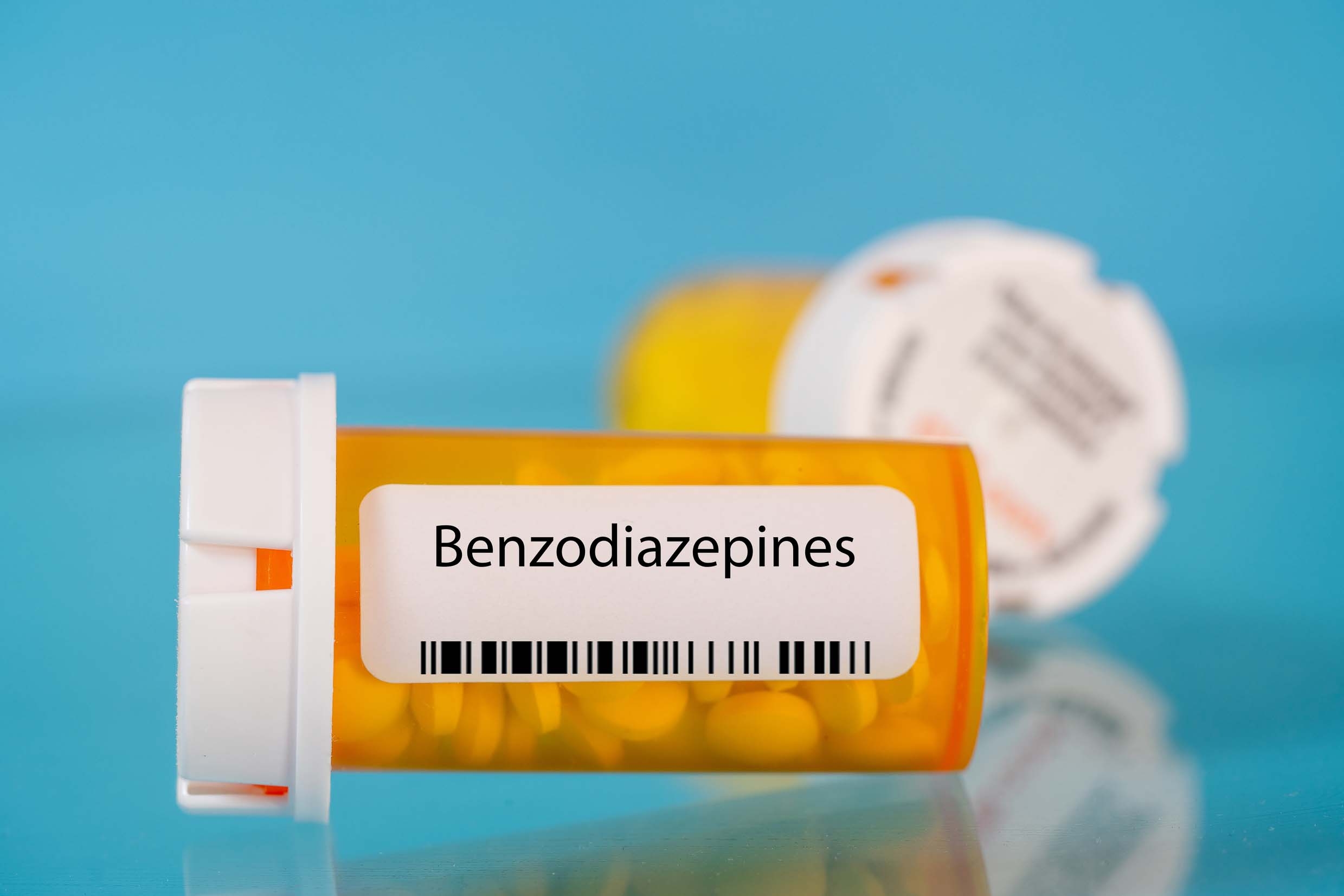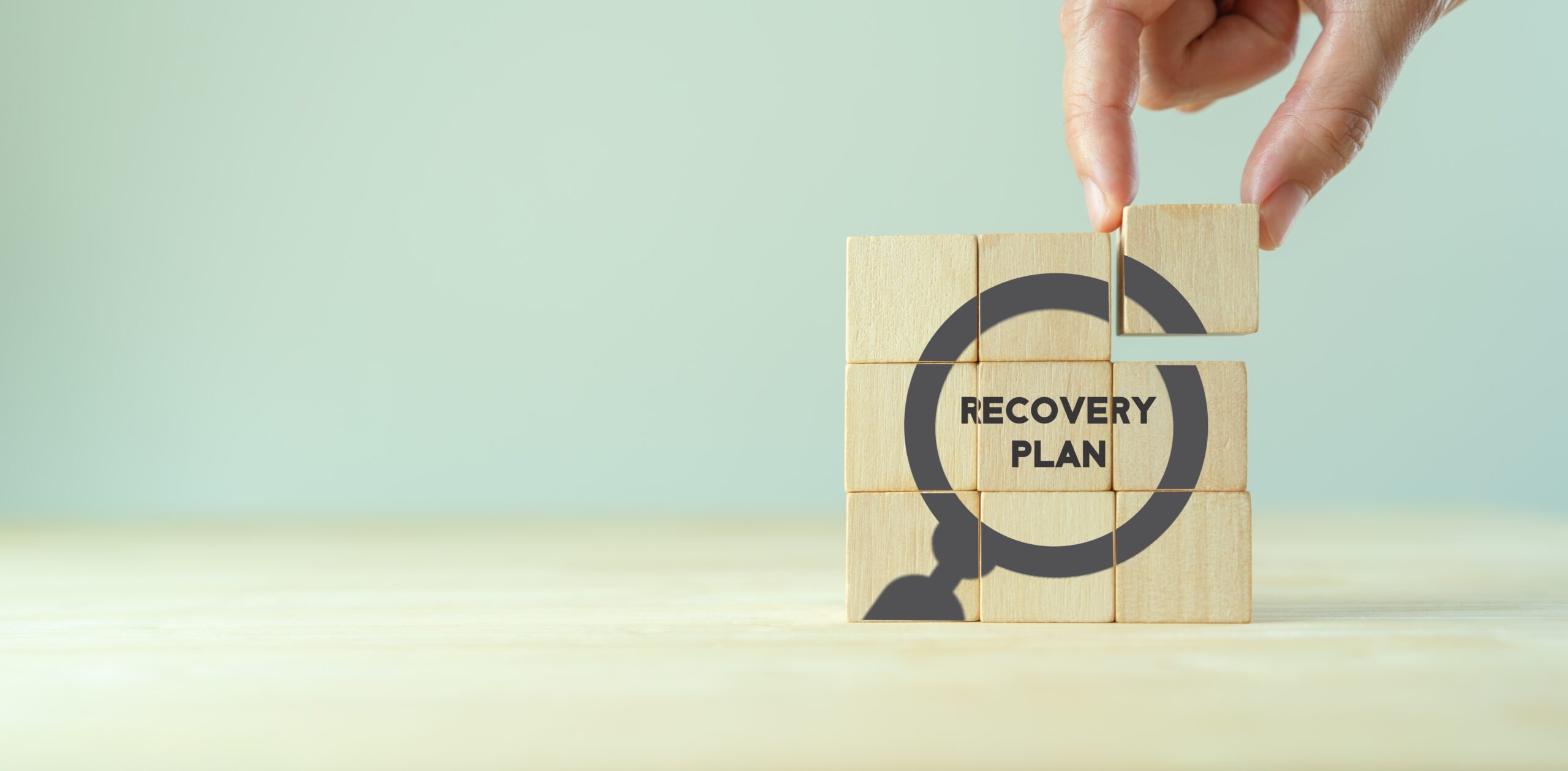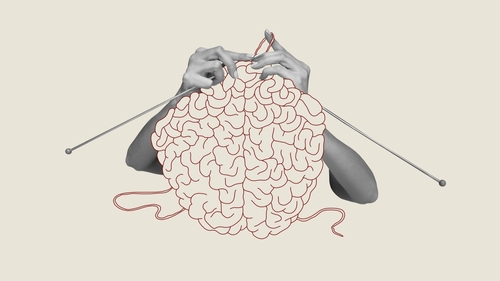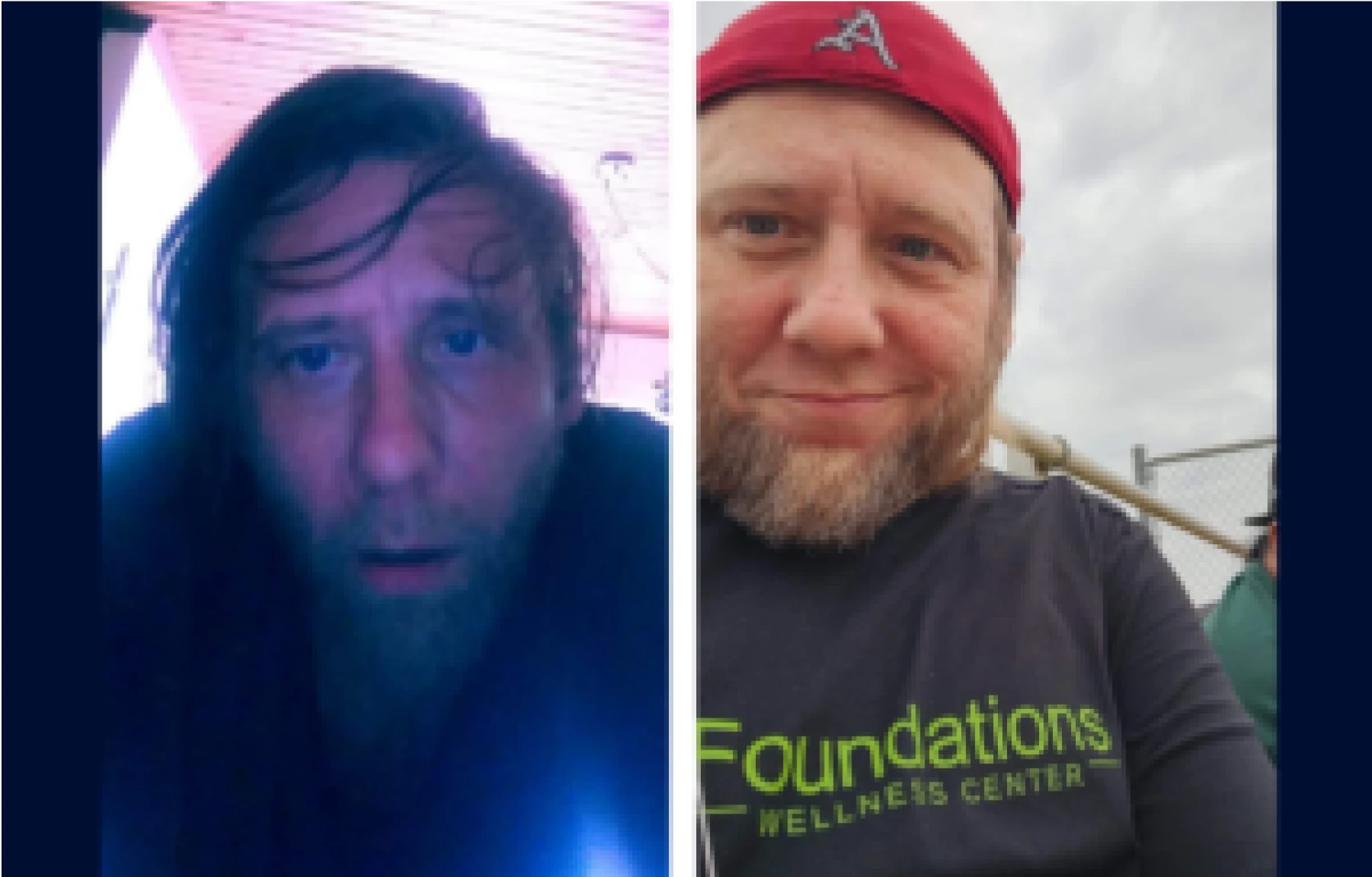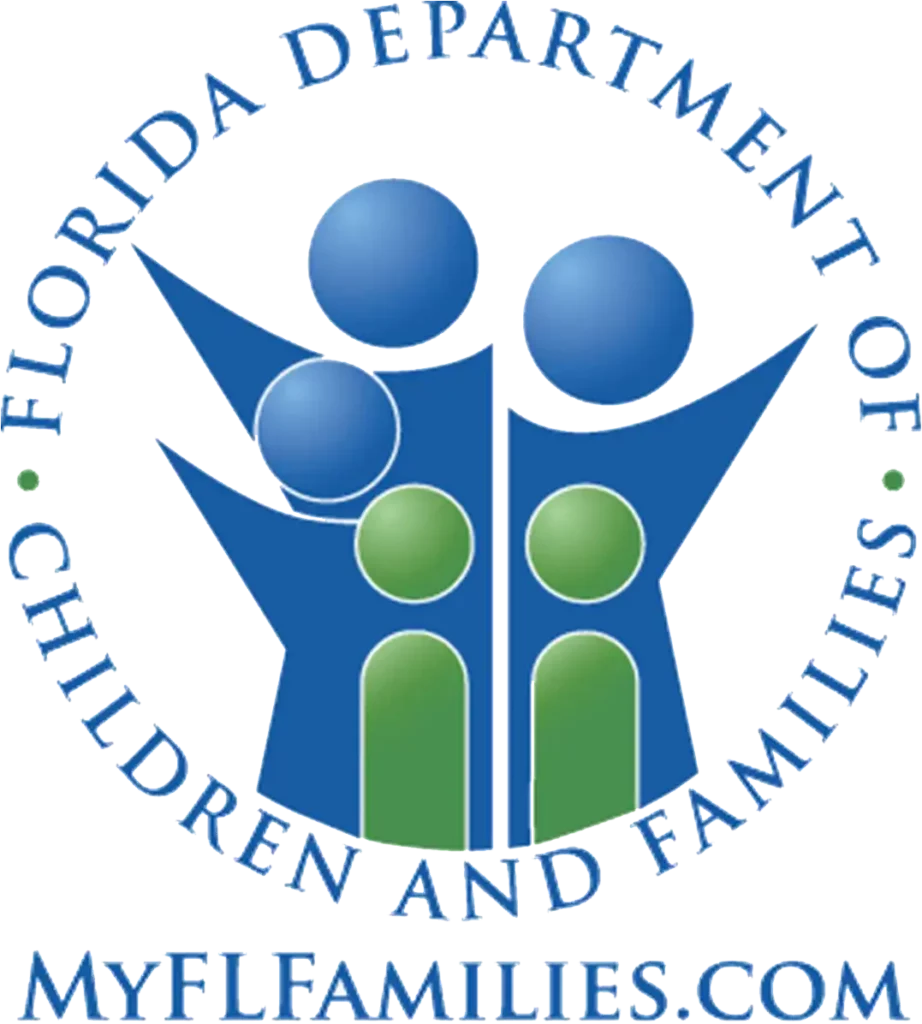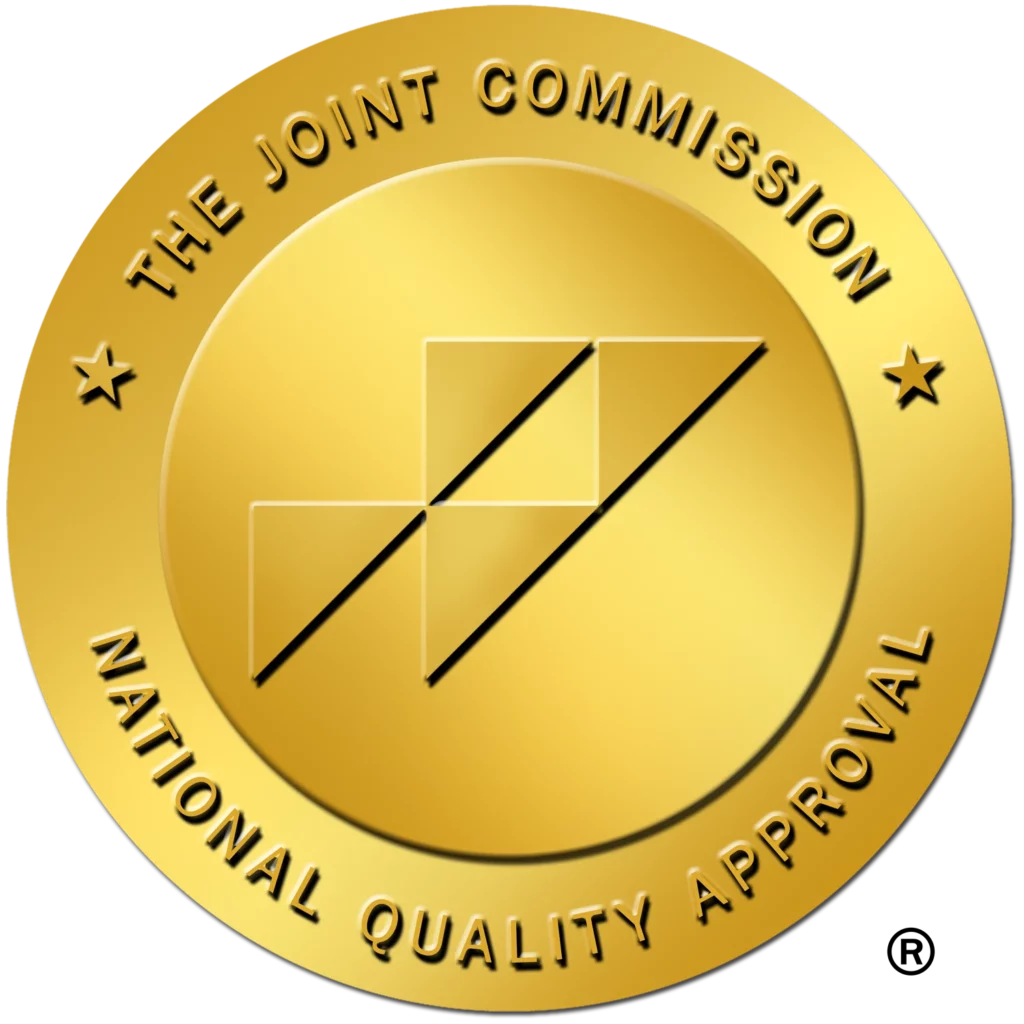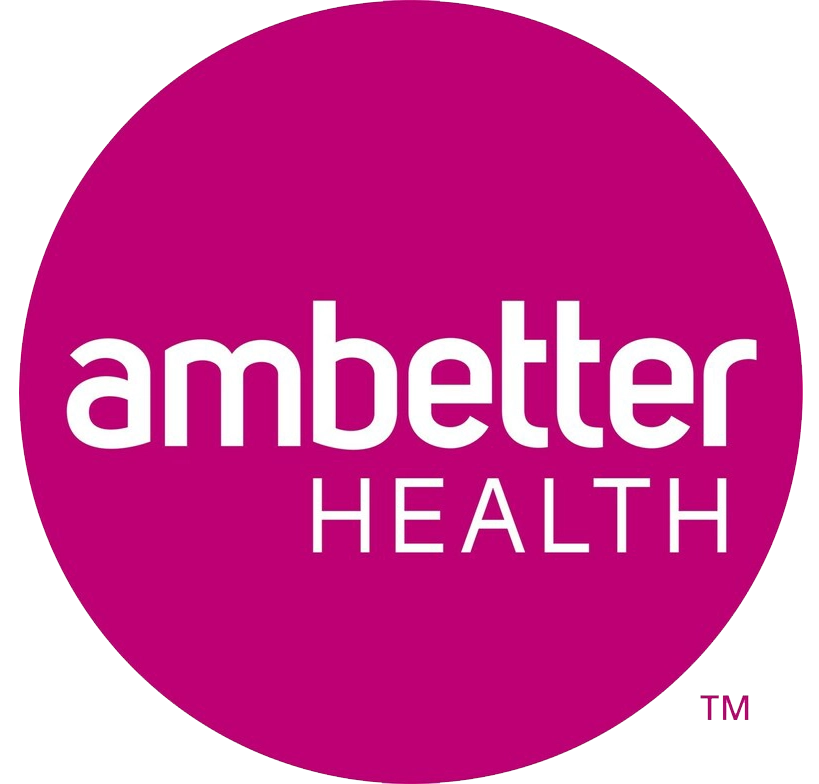Understanding Addiction as a Disease
This entry was posted in Addiction Recovery, Alcohol Abuse, Drug Abuse, Mental Health, Opioids and tagged Addiction, disease on November 27, 2023 by Justin Baksh, MS, LMHC, MCAP, Chief Clinical Officer.
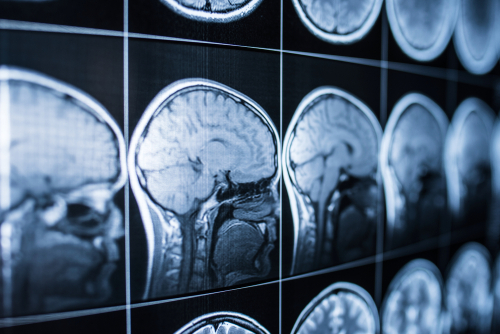
Addiction is often mistaken as a moral weakness, but it’s really a chronic disease, similar to diabetes or heart disease. It’s not about making bad choices – it’s about how the body craves a substance and the changes that happen in the brain when someone can’t stop using it, even when it’s causing harm. It’s important to look at addiction from a medical point of view. Drugs and alcohol interfere with dopamine, the chemical in your brain that helps you feel pleasure. When someone uses drugs or alcohol, it messes up the way dopamine works, and that’s part of why people get addicted. Certain places, people, or even emotions can make someone want to use again, which can be really tough when trying to stay sober.
It’s important to see addiction as a health problem because it changes the brain in ways that make it very difficult for someone to stop using substances without help. Understanding addiction as a medical issue helps us be kinder and more helpful to people who are dealing with it.
The Role of Dopamine in Substance Use
Dopamine is like your brain’s own personal cheerleader – it’s a chemical that makes you feel good whenever you do something rewarding, like eating your favorite food or winning a game. It’s a big part of why we keep doing things that feel good.
Substances Give Dopamine a Boost
When someone drinks or uses drugs these substances give dopamine levels a big jump. This makes the brain light up with pleasure, stronger than what you get from everyday rewards. It’s like turning the volume way up on your favorite song – it makes you want to keep listening.
Chasing the ‘High’
The ‘high’ from drugs or alcohol is the intense blast of happiness someone feels. Substances lead to an instant spike in dopamine levels, as they prompt the brain to release this feel-good chemical all at once. The brain remembers this ‘super good’ feeling and wants to repeat it, which can lead people to use the substance again and again.
When Too Much Dopamine Becomes a Problem
Over time, if someone keeps using the substance to get that ‘high,’ the brain gets used to it and doesn’t react as strongly. It starts to think this new, higher level of dopamine is normal. This means the person might need to use more of the substance to get the same good feeling, which can lead to addiction. Plus, regular things that used to feel good might not compare anymore, which can make life without the substance seem less enjoyable.
Memory, Cues, and Triggers in Addiction
How the Brain Links Memories to Substance Use
Think of your brain like a diary that remembers every detail, especially the good times. When someone uses substances, the brain marks it as a happy memory because of the dopamine rush. So, the brain starts to connect everything related to that moment – like where they were, who they were with, or what they were doing – to the feeling of being high.
Why Certain Places and Feelings Make Resisting Harder
Later on, even simple things like passing by a certain place or feeling a certain way can flip a switch in the brain. It’s like hearing an old song and remembering a past summer. For someone recovering from addiction, these environmental and emotional cues, or ‘triggers,’ can remind them of using substances and how it felt. This can make them really want to use again, which is tough when they’re trying to stay clean.
Ways to Keep Triggers from Leading to Relapse
The good news is there are ways to help manage these triggers.
- Know Your Triggers: It’s like knowing what foods you’re allergic to – once you know what sets off that urge, you can avoid it or be ready to deal with it.
- Change Your Routine: Mix up your daily habits to keep things fresh and avoid the old patterns that remind you of substance use.
- Find New Joy: Get involved in hobbies or activities that bring you a new kind of happiness, one that doesn’t involve substances.
- Lean on Support: Talking to someone you trust, like family, friends, or people in a support group, can help you handle the urge to use again.
- Practice Mindfulness: Learning to live in the moment helps you deal with emotions and cravings without turning back to old habits.
Involuntary Behaviors and Brain Changes Due to Substance Abuse
Why Addiction Makes You Feel Out of Control
Addiction can take the driver’s seat in someone’s actions, making them feel like they don’t have a choice. It’s like a habit that’s gotten so strong, it feels automatic, like reaching for a light switch when you enter a room. This is because the need to use the substance becomes a really powerful force, pushing the person to act even when they don’t want to.
The Brain’s Wiring Gets Mixed Up
Using substances a lot can mess with the brain’s wiring. Normally, our brains have a system that helps us decide when something is a good idea or not. But substances can jumble up this system. It’s like putting too many plugs into one outlet – eventually, something’s going to short-circuit. The brain starts to think that the substance is as important as food or water, which can lead to those automatic behaviours.
Taking Back Control Is Tough
Once the brain has been changed by addiction, it’s like trying to ride a bike with a wonky wheel – you can do it, but it’s really hard. Breaking free from those automatic behaviors and fixing the brain’s wiring isn’t easy. It often means learning a whole new way to live and react to things, which can take a lot of time and patience. Plus, it usually needs a helping hand from professionals who understand how to get that wheel running smoothly again.
Navigating Withdrawal: Physical and Mental Symptoms
What Withdrawal Feels Like
Withdrawal is what happens when the body is trying to get used to not having the substance anymore. Imagine your body has been leaning on a crutch for a long time, and suddenly it’s gone. Your body and brain have to figure out how to balance again, and that can be rough. You might feel sick, get shaky, feel really tired but can’t sleep, get sweaty, or feel anxious or sad. It’s different for everyone and depends on what substance they were using.
The Ups and Downs of Withdrawal
Withdrawal isn’t just about feeling physically unwell – it’s also an emotional rollercoaster. Someone might feel angry or depressed, have a hard time remembering things, or feel like they’re not themselves. Physically, they might deal with headaches, stomach issues, or other pains. It’s like having the flu and your worst day mixed together.
Getting Through Withdrawal With Help
The good news is, nobody has to go through withdrawal alone. There are doctors and therapists who know exactly how to help. They can give medicines to make the symptoms less severe and therapy to help with the emotional side of things. Some places even have special rooms and clinics just for helping people through withdrawal. It’s like having a team of coaches and medics by your side while you’re running the hardest race of your life.
Long-term Consequences of Substance Abuse
Impact on Physical Health
Long-term substance abuse can lead to lasting damage to the body. The heart can weaken, the liver can become scarred, and the brain can suffer changes that affect your mood and thinking. Your immune system may not work as well, which means you could get sick more often and have a harder time getting better.
Mental Health Complications
Substance abuse can also lead to or worsen mental health conditions like anxiety and depression, or even lead to the development of disorders that happen at the same time, like addiction and depression together. These mental health issues can make it harder to stop using substances and can make recovery more challenging.
Social and Economic Impact
Addiction can strain or break personal relationships. It can make working difficult, leading to job loss and financial problems. Legally, it can result in arrests or other issues with the law. All these social and economic problems can create a cycle that’s hard to escape, making it even harder to focus on recovery.
Recovery and Rehabilitation: The Journey to Healing
Steps to Recovery
Recovery is a process that often starts with detoxification, where the body is cleared of substances. It’s a medical step that helps manage withdrawal symptoms safely. After detox, therapy comes into play, where talking with a professional can help someone understand their addiction and learn new ways to cope without substances. Throughout this journey, support systems like family, friends, and support groups provide encouragement and understanding.
Customized Plans for Each Individual
Everyone’s path to recovery is different, so treatment plans need to be tailored to fit each person’s specific needs. This might include different types of therapy, medication to help with cravings or mental health issues, and plans for what to do after leaving a treatment program. It’s about figuring out the most effective way to give people the best chance at staying sober.
Success Stories Inspire Hope
Hearing about others who have successfully recovered from addiction can be incredibly motivating. These stories show that although recovery is tough, it’s possible, and the end result can be life-changing. They serve as reminders that each step forward is progress and that with commitment and support, healing and a return to a fulfilling life is achievable.
Stigma and Society: Changing the Narrative Around Addiction
The Damage Done by Stigma
When people view addiction as a personal failing rather than a health issue, it can lead to shame and blame. This stigma can discourage people with addiction from getting help and make them feel alone and misunderstood. It’s a barrier that can prevent healing and support.
Shifting How We See Addiction
There’s a growing movement to change how society and laws view addiction. By talking about addiction as a medical condition, we can encourage more compassion and understanding. Changes in policy can also make it easier for people to get the treatment they need, without fear or judgment.
Teaching to Prevent Addiction
Education plays a big role in preventing substance abuse. When people, especially young folks, learn about the risks of drugs and alcohol and how to handle life’s challenges healthily, they’re less likely to turn to substances. It’s not just about saying ‘drugs are bad,’ but about giving people the tools and knowledge to make safer choices.
There is Always Hope
It’s crucial to remember that addiction is not a result of someone’s decisions or a reflection of their character. It’s a physical illness that can be treated. Just like any other health condition, it requires the right kind of medical care, support, and a compassionate understanding from ourselves and others. If you or a loved one is grappling with addiction, know that the weight you carry is not a badge of guilt, but a sign that it’s time to seek help.
The journey to recovery may be a difficult road, but it is also paved with hope. Every day, people find the strength to overcome addiction, and each story of recovery shines as a beacon of possibility. With each step toward healing, regardless of how small it may seem, the path to a healthier, substance-free life becomes clearer.
To anyone on this journey, know that you are not walking it alone. There is a community waiting with open arms, professionals ready to guide you, and countless stories of those who have walked this path before you, and found their way to a brighter tomorrow. Hold onto hope, because recovery is not just a possibility—it’s a reality for millions, and it can be for you too.

